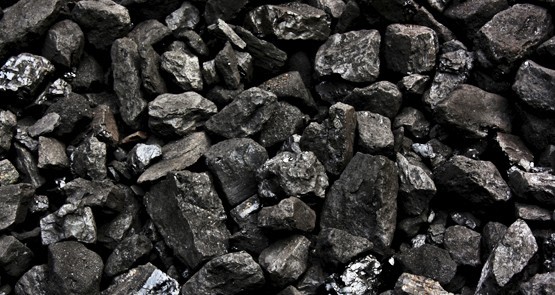
Kiwi rate rewind. The Reserve Bank of NZ this morning cut its key interest rate for the fourth time this year and, in doing so, reversed its recent macho approach to monetary policy. Between March and September last year, the RBNZ lifted its official cash rate four times, from 2.50% to 3.50%, as it fretted about a booming economy, lurking inflation and a house price boom in Auckland and strong construction activity in earthquake-shattered Christchurch. Those rises slowed the economy, but possibly no more than the impact of a high Kiwi dollar (boosted by the high returns from the high cash rate) and slowing demand, especially from China for key commodities.
So growth slowed on the back of the rapid fall in global dairy prices (NZ’s biggest export), the slowdown in China deepened, and the plunge in world oil prices, which took the pressure off domestic inflation (as they did everywhere around the world). But that left the RBNZ looking like a shag on a rock with an official cash rate considerably out of whack with the economy — so down it went, with reductions in June, July, September and this morning. So now the Kiwis are back to where they were in March of 2014 when the first rate rise ended three years of stability, almost to the day. And if you were a Kiwi business person or mortgage owner, you’d be right in asking, was it worth it? — Glenn Dyer
Petulant Fitch. Like a spoilt child that can’t get its way, the Fitch ratings agency has chided NZ’s Fonterra, the world’s biggest dairy exporter, for putting the “financial stability” of its farmer shareholders before that of the company. Yesterday, Fitch slashed Fonterra’s credit rating two levels to a single A (from AA minus) because the company had not cut advance milk payments to its farmer shareholders, despite the recent fall in global dairy prices (which have received somewhat since August, but remain weak). But what Fitch and other outsiders don’t fully understand (because they do not understand rural activities) is that the farmer shareholders supply the company’s lifeblood — milk.
If the farmer shareholders are forced out of business, or forced to cut milk supplies to reduce their debt or try to stay in business, then Fonterra will have less milk to process and supply to global markets, and other producers in Australia, the US and Europe will fill the gap, causing Fonterra to suffer a reduction in revenues and profits, and triggering a negative feedback loop in which everyone will lose. And by maintaining payments and making shareholder loans, Fonterra is trying to keep its supply base alive, relieve the pressure on farmer cash flows and debt positions and help support NZ’s rural economy. — Glenn Dyer
More shrinking miners. Two more big resource companies either abandoned or slashed the dividends and made other spending cuts overnight in the wake of the attempt by Anglo American to shrink itself to survive. Kinder Morgan, the biggest US pipeline operator, says its board has approved a fourth-quarter dividend of 12.5 US cents a share, down from its of 51 cents a share. A year ago it merged its various offshoots (which were in a series of tax-effective structures) into one ordinary company in a US$44 billion deal. Since then the shares are down more than 60% (they rose nearly 7% overnight in the wake of the slashing of its dividend).
US pipeline companies are looming as a very worrying debt black hole for US banks and investors as oil prices remain weak and gas prices plunge (which will trigger more problems). And mid-tier miner and oil and gas group Freeport-McMoRan overnight suspended its annual dividend and made deeper cuts in capital spending and copper production. It will close a copper mine in the US and cut production elsewhere. But its biggest problem is billions of dollars of unwanted oil and gas assets acquired as prices were about to slide. No one wants to pay Freeport’s asking price. The dividend move will save US$240 million a year and the investment cuts will top half a billion dollars. It has also done a deal with its banks, which is always a sign of the depths of a company’s problems. — Glenn Dyer







Crikey is committed to hosting lively discussions. Help us keep the conversation useful, interesting and welcoming. We aim to publish comments quickly in the interest of promoting robust conversation, but we’re a small team and we deploy filters to protect against legal risk. Occasionally your comment may be held up while we review, but we’re working as fast as we can to keep the conversation rolling.
The Crikey comment section is members-only content. Please subscribe to leave a comment.
The Crikey comment section is members-only content. Please login to leave a comment.